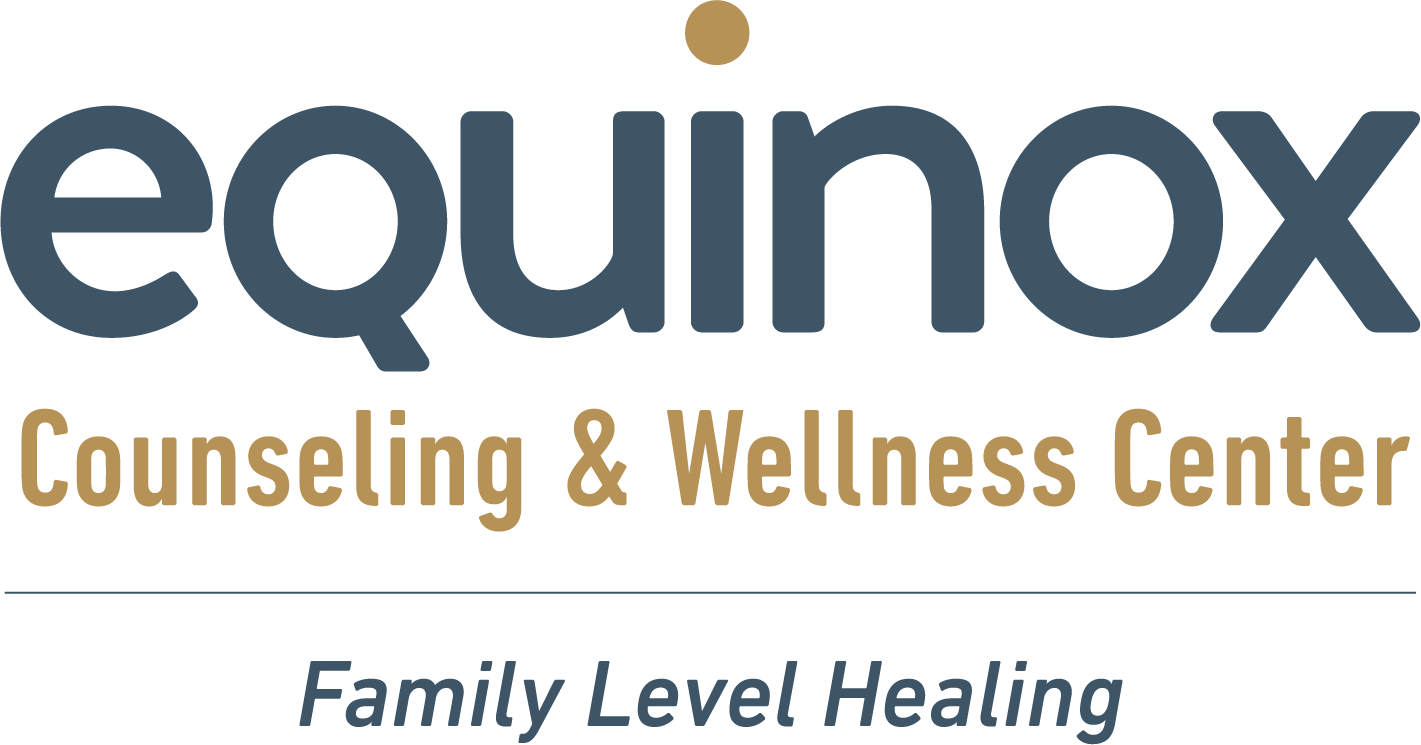Your teenager is graduating high school soon and you want them to take the traditional next step and attend university—but is it the appropriate move for them?
College seems like a logical move and a healthy way for your teenager develop the independence, life skills, and mental health stability they need. It’s also what you imagined for them before they even took their first steps. But there’s a difference between being college- capable and college-ready. Perhaps your child has the smarts, the focus, and even the drive to succeed at college. That makes them capable. But do they have the necessary executive functioning skills and stable mental health that shows they’re truly ready for that next phase?
When you envisioned your child attending college, we bet you also pictured them thriving there. Most freshmen feel overwhelmed at some point, but sending a teenager off on their own when they’re not ready can hurt their self-esteem in the short- and long-term. They’ll feel as though they’re failing university and failing you, their parents.
Youth with complex psychiatric, behavioral, and emotional issues may not follow the “expected” education timeline. And that’s OK. A secondary education isn’t the only option available. There are after high school alternatives for troubled young adults. Taking a gap year, developing skills at a part-time job, and even focusing on their mental health—like therapy or specific programs for struggling young adults—without the added stress of school could be more valuable at this moment in their lives. That doesn’t mean college isn’t in their future, but they may need a little more time to get there, if they ever do.
As a parent, it’s your job to step into your leadership role and help make this decision. Don’t overlook red flags or get caught up in what your child should be doing. Instead, focus on what’s right for them as an individual. Use this checklist to help determine if college is really the right option right now. If you answer “no” to more than two of these questions, it may be time to reconsider.
My child…
- is able to make their own decisions regularly, whether it’s what to eat for dinner or what elective to take in school.
- deals with stress through healthy coping skills, such as exercising, listening to music, actively connecting with a healthy friendship group, and communicating with their family.
- doesn’t turn to substances to cope.
- is comfortable and active in social situations and has peer friendships. They connect with us, their parents, rather than isolating themselves.
- has expressed interest in and excitement at the prospect of attending college.
- is in charge of their own self-care and have generally healthy—for a teenager, that
is—habits (think: sleeping, exercising, bathing, eating) - exhibits relatively good time management skills.
- asks for and accepts help when they need it.
- owns up to their mistakes and learns from them.
- effectively manages their medications on their own.
- uses technology in a healthy, safe, and legal manner.
Still not sure what’s right for your family? Give us a call. We offer help and therapeutic programs for young adults. We can evaluate your child and guide you during this critical time.









